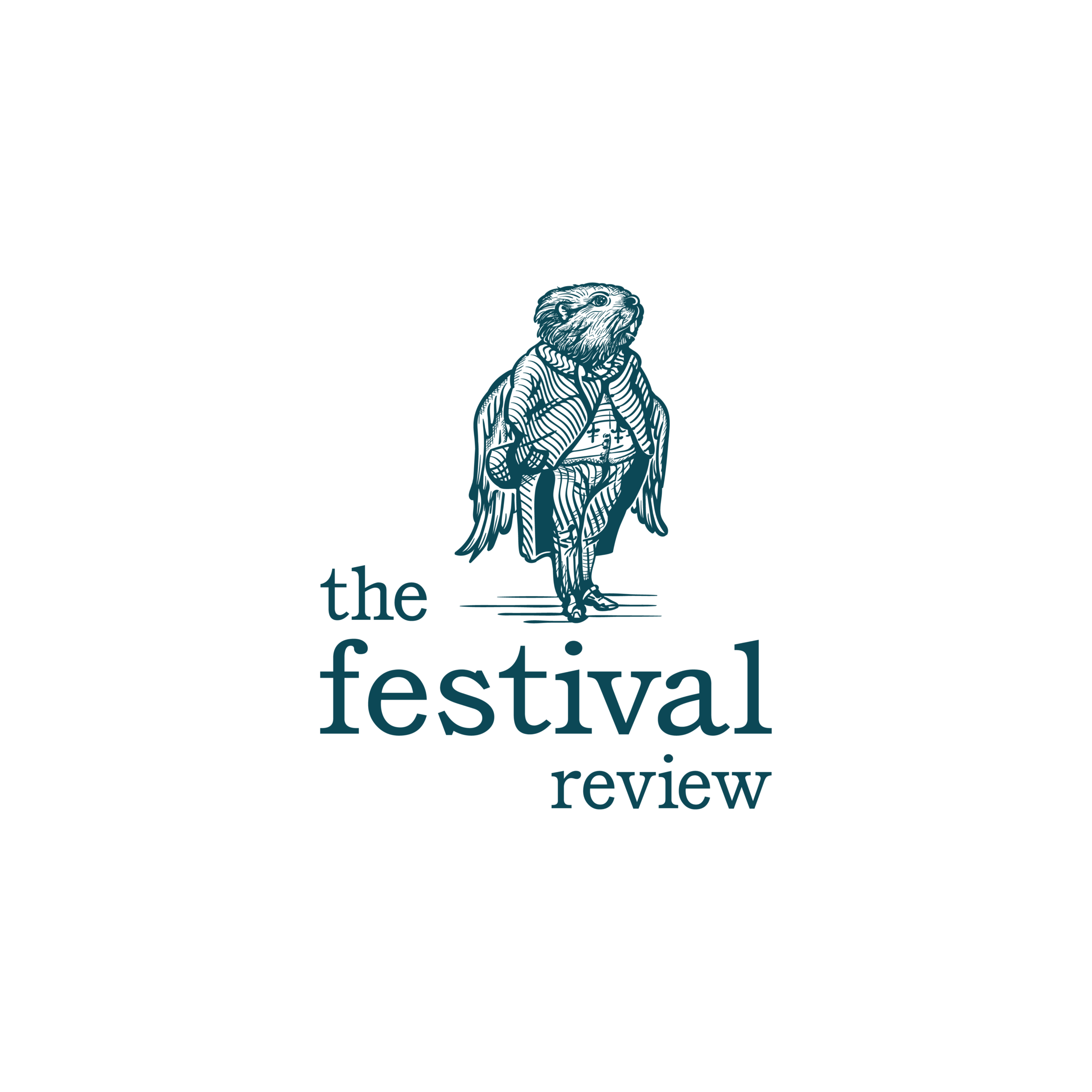Remembering Justice Ruth Bader Ginsburg
Courtesy of Collection of the Supreme Court of the United States
In the few days since her passing, tributes and remembrances and vigils have sprung up to honor the life and legacy of Supreme Court Justice Ruth Bader Ginsburg. There is much to say – and much that has been said – about this extraordinary individual. Exemplary compliments have proliferated across the internet and social media: feminist icon, inspirational visionary, pop culture phenomenon, meticulous scholar, champion of justice and equality. Still, it is hard to articulate all that Justice Ginsburg – the Notorious RBG – meant to so many of us. This national loss, in the midst of a year dreadful nearly to the point of absurdity, is painfully sharp.
RBG’s impact on our country is undeniable, both in the present moment and for generations to come. As Jill Lepore writes in The New Yorker, “Ginsburg bore witness to, argued for, and helped to constitutionalize the most hard-fought and least-appreciated revolution in modern American history: the emancipation of women. Aside from Thurgood Marshall, no single American has so wholly advanced the cause of equality under the law.” Through all this, Justice Ginsburg demonstrated a decorous approach to politics, reminding our increasingly divided nation, “You can disagree without being disagreeable.” These words were uttered in regard to her relationship with Supreme Court Justice Antonin Scalia, a surprisingly close friend. Despite often voicing stark disagreements from the bench, RBG strove to exemplify this sense of democratic, mutual respect.
In recent years, given the inequitable conservative leaning of the Supreme Court, Justice Ginsburg became known for her searing dissents, which, in her words, “speak to a future age.” Her opinions, whether for the majority or in dissent, were articulate, carefully composed, and frequently included the word “pathmarking,” a favorite term which cannot be found in any dictionary. She studied literature under Vladimir Nabokov at Cornell and describes the experience as critical to the development of her powerful writing style. Former clerks remember her thorough editing, every draft opinion returned with extensive comments and corrections. One former clerk describes her approval of a draft – “Just right” – as the “most gratifying words of praise [she] ever received.”
Admired for clear-sightedness and self-possession, Justice Ginsburg was an emblem of hope for many Americans. Despite this crushing loss, however, we must not allow our hope to be buried alongside her. In fact, we can look to the justice herself for guidance: “Ginsburg also should be remembered for her resilience. Personal setbacks animated her quest for social justice. […] Profound challenges — the loss of her mother the day before she graduated from high school, her husband’s struggle with cancer while they were both in law school — fueled her fierce determination to accomplish her dreams and achieve justice for others. […] Ginsburg’s refusal to crumble into a heap of defeat is a defining and inspiring part of her legacy.” Though there is no doubt we will continue to miss her and mourn her, we can also strive to emulate her remarkable resilience. We can continue the fight she led, insisting that the humanity of every single person is equally recognized under the law of the United States of America.
An avid reader herself, there are many books and articles available about (and by) RBG. To learn more about this extraordinary woman and her pathmarking work, we recommend the following selected works:
My Own Words by Ruth Bader Ginsburg with Mary Hartnett and Wendy W. Williams
Ruth Bader Ginsberg: A Life by Jane Sherron De Hart
Conversations with RBG: Ruth Bader Ginsburg on Life, Love, Liberty, and Law by Jeffrey Rosen
Collection of Opinions by Ruth Bader Ginsburg Collected by Cornell Law School
You can find these titles and support independent bookstores at IndieBound and BookShop, and peruse used copies at Better World Books. We receive a small commission from any purchases made through our site.

